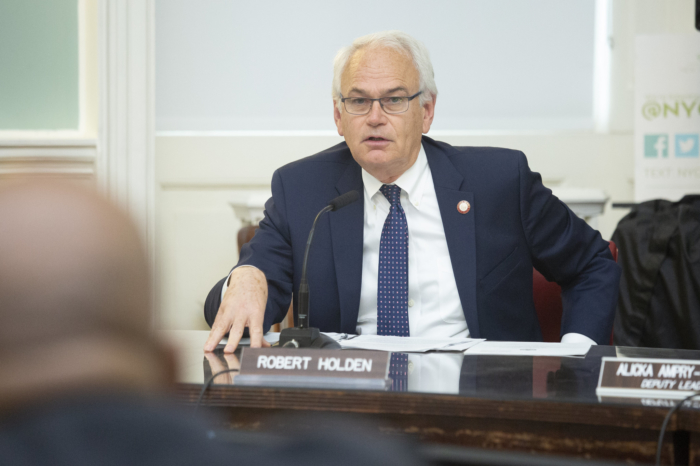A newly announced roadmap, created in partnership with the Mayor’s Fund to Advance New York City, stands to improve the delivery of mental health services across all city agencies. The necessity of breaking out of outmoded institutional models has become more apparent in recent years, with a swelling immigrant population and a staggering increase in homelessness, many of whom suffer from undiagnosed mental illnesses. In addition, cultural norms and taboos inhibit individuals and families in immigrant communities from receiving help in conventional, structured settings.
Recently, public health advocates and officials have stressed the necessity of early intervention, namely meeting those in need of help where they are rather than a focus on institutionalizing individuals. This means avoiding the routing of the mentally ill to hospitals, jails or inevitable homelessness. Institutionalizing the mentally ill in hospitals and asylums overwhelmed the government, which led to the downsizing and shuttering of many psychiatric facilities. That, however, left a gap in services for severely mentally ill patients.
According to the Centers for Disease Control, the United States spends the most on mental health services for the poorest return on outcomes. The solutions for these gaps is the subject of intense debate, though there appears to be a consensus among policy professionals that the systems in which mental health services are delivered need to be streamlined with smarter decision-making and a focus on improving outcomes.
Mental health issues place a substantial burden on New Yorkers, with anxiety (afflicting an estimated 18 percent of the population), depression (7 percent) and substance abuse disorders (8.2 percent) being the most common afflictions, based on statistics given by first lady Chirlane McCray at a recent conference.
While increased awareness is assisting the diagnosis and accounting for these disorders, former NYC Health Commissioner and current CDC head Dr. Thomas Freidan has noted that better information does not always lead to better outcomes; people are made better due to wide access to mental health services.
In a speech to the Punishment to Public Health conference Jan. 28 at Brooklyn Borough Hall, McCray, in announcing this citywide mental health initiative, related her own experience dealing with her daughter’s mental health issues, first made public shortly before Mayor de Blasio took office. She described the uncertainty in finding help for these problems, which arose in an otherwise well-adjusted individual.
The Mayor’s Fund for New York City, chaired by McCray, provides funding to projects that benefit the general welfare of New Yorkers. The announced initiative will locate ways that community-based organizations and city agencies can work together to support mental health services for New Yorkers, as well as guide the Health Department in coordinating with other city agencies to affect health in all policies. The fund plans to release the roadmap by this summer, a time frame notably shorter than conventional initiatives to enhance similar services.
A renewed focus on the community’s role in mental health awareness and advocacy is paramount. Especially among immigrant communities, matters of substance abuse and gambling addictions are regarded as deeply shameful personal failures. This reticence prevents those individuals from seeking help in conventional settings, such as group therapy (such as Alcoholics Anonymous) or a structured relationship with a therapist. The consequences are dire. For instance, last year ended with a string of violent domestic incidents in the Flushing area allegedly stemming from financial and mental health issues that devolved into a personal crisis.
Housing mental health services under the same roof as medical services, is one possible solution to increase access and has had successful implementation in neighborhoods such as Chinatown. This same door approach encourages individuals to rethink mental illness as a medical issue and allays some of the stigma and personal inadequacy associated with seeking treatment.
It is exceptionally important the city work to increase cultural competency and tailor services to meet diverse needs in a diverse city. While working to break down fear, stigma and traditional attitudes, more funding for mental health crisis counseling and enabling outreach through schools, employers and community organizations is necessary to enhancing support for Queens’ immigrant communities and prevent self-harm and domestic violence.
































